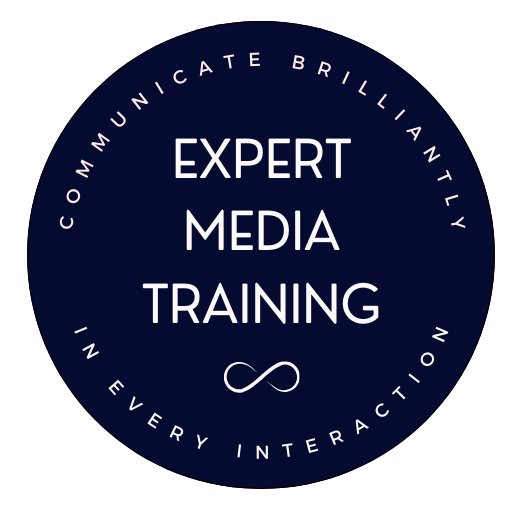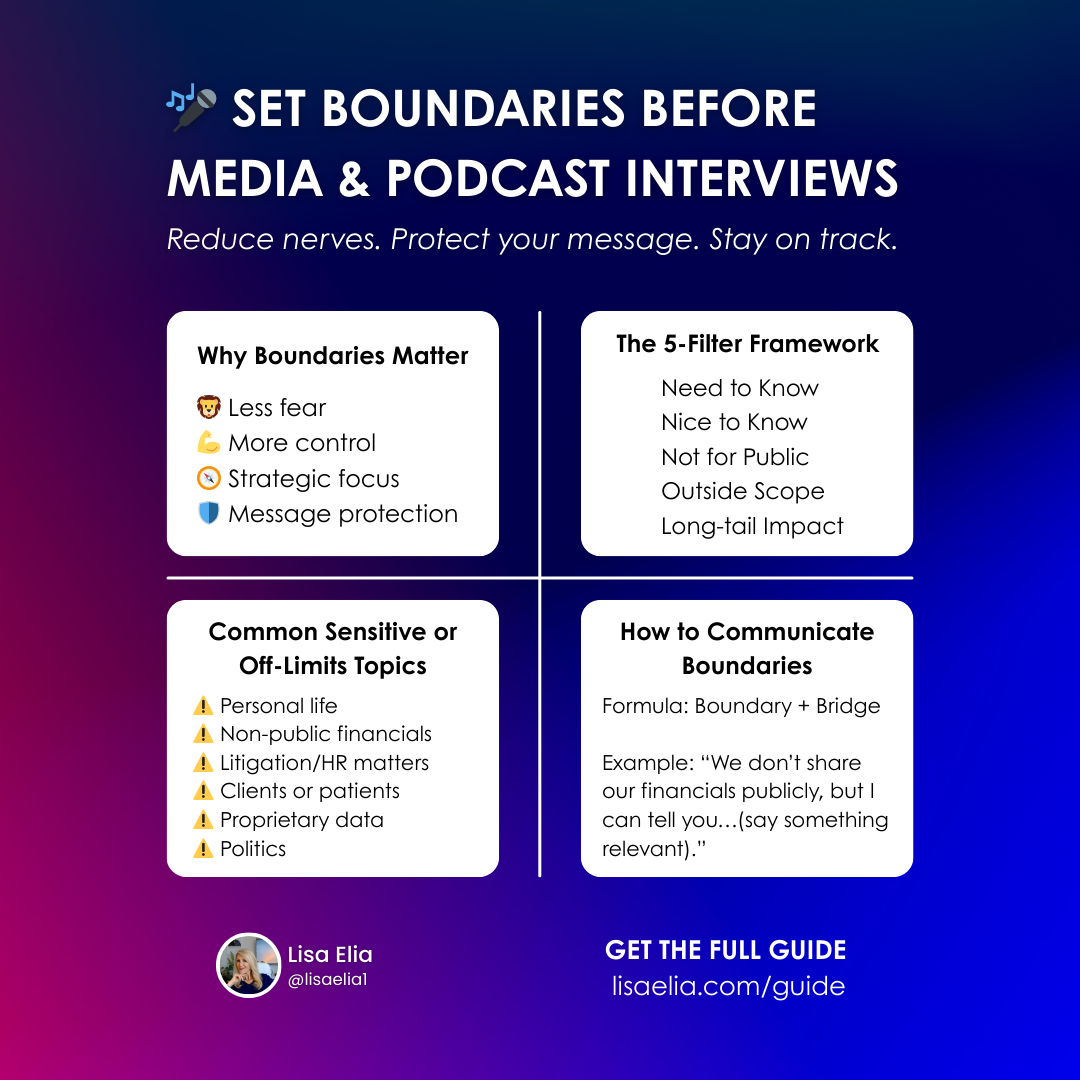
The Opportunity Cost of Our National Conversation
In business, leaders constantly weigh opportunity cost. Every hour, dollar, and unit of attention spent on one priority is time, money, and energy that cannot be spent on another. Strategy is not just about what you choose to pursue, but what you choose to delay, ignore, or abandon because resources are limited.
The same principle applies to communication, and at a national level, the stakes are far higher.
Every headline, policy debate, press conference, and social media exchange draws from a shared pool of public attention. That attention, like financial capital, is limited. Where it is directed shapes what a society is able to build, solve, and achieve.
Public debate is essential in a healthy democracy. Open discussion is how societies refine their values and adapt to new realities. But there is a meaningful difference between forward-looking debate and repeated attempts to roll back established rights or deny long-settled scientific consensus. When large portions of the national conversation are consumed by those efforts, the cost is not only political. It is strategic, economic, and organizational.
Leaders feel this cost inside their companies and in the public arena.
Executives and founders are increasingly asked about social, political, and scientific issues in media interviews, panel discussions, investor meetings, and other public settings. Many of these questions center on topics that organizations once assumed were settled. Responding thoughtfully and responsibly takes time and preparation, but it also pulls attention away from discussions about innovation, customer solutions, research breakthroughs, and long-term strategy.
When leaders are pulled back into the same recurring debates, it changes the purpose of public communication. Interviews that could showcase innovation, growth, and problem-solving instead become conversations about controversy or long-resolved issues. The opportunity cost is not just rhetorical. It affects productivity, trust, hiring, investment, and long-term competitiveness.
When national attention is pulled backward instead of forward, the opportunity cost shows up in very real ways for organizations and the economy. Businesses and institutions trade away:
- Innovation instead of re-litigation
Time spent arguing over settled science or basic rights is time not spent developing new technologies, improving operations, or solving customer problems. - Future-building instead of culture wars
Energy that could go toward better training, modern infrastructure, and competitive advantage is absorbed by ideological fights that do not improve performance. - Talent development instead of talent drain
When people feel their rights or safety are uncertain, they disengage, relocate, or leave industries entirely. The cost is lost creativity, leadership, and institutional knowledge. - Economic growth instead of legal battles
Billions of dollars flow into lawsuits, campaigns, and legislative fights over issues many believed were resolved decades ago. Those resources could support research, startups, and job creation. - Mental bandwidth instead of constant defense
Employees and executives spend emotional energy managing social tensions instead of focusing on strategy, productivity, and innovation. - Global competitiveness instead of domestic infighting
While the United States revisits old debates, companies in other countries invest aggressively in artificial intelligence, advanced manufacturing, and clean energy. - Workplace trust instead of polarization
When the national conversation centers on whether people deserve equal rights, trust erodes inside organizations, showing up as lower engagement, higher turnover, and reduced performance. - Policy innovation instead of policy reversal
Businesses operate best in stable, predictable environments. Constant reversals create uncertainty that slows hiring, investment, and expansion. - Public health progress instead of science denial
Disputes over established medical or scientific consensus disrupt supply chains, workforce stability, and long-term planning. - Shared economic progress instead of manufactured conflict
Energy that could be used to solve real business and societal challenges is redirected into division and distraction.
Communication is not just a cultural issue. It is a leadership issue, a productivity issue, and a business issue. Attention is a form of capital, and mental energy is finite. When people must spend their focus defending basic rights or established facts, that energy cannot be used to build companies, strengthen teams, or serve customers.
The issue is not whether difficult conversations should happen. They must. The question for leaders, organizations, and institutions is how much time, talent, and attention an economy can afford to spend fighting to preserve what has already been established, instead of directing that energy toward growth, innovation, and long-term value creation.
Every organization understands opportunity cost. The same principle applies to a country. The future is built with whatever attention remains after the debates are over.
To download our free Media Interview Guide and other tools, click here.
To check out our online courses, click here.
For a complimentary consultation to discuss private training for yourself or your team, click here.

This post was written by Lisa Elia, a media trainer, presentation trainer, pitch coach, communication expert, and speaker. She trains clients around the world for media interviews, speeches, internal and external presentations, panels, investor presentations, and promotional videos, and provides executive and team communication coaching.
With more than 25 years of experience, Lisa has prepared clients for interviews with TODAY, GMA, The Wall Street Journal, CNN, ESPN, and hundreds of other outlets. Lisa has shared her expertise with national media outlets that include Inc., Entertainment Tonight, E!, and many others. Clients include entrepreneurs, Fortune 500 companies, and everything in between as well as athletes, celebrities, and other public figures.












 I had the pleasure of being a guest on Christy Tagye’s podcast, Productive Passions. We talked about many aspects of communication and public speaking and the importance of shifting your mindset to set you up for success and greater inner peace as a speaker and in other aspects of your life, and more.
I had the pleasure of being a guest on Christy Tagye’s podcast, Productive Passions. We talked about many aspects of communication and public speaking and the importance of shifting your mindset to set you up for success and greater inner peace as a speaker and in other aspects of your life, and more.


